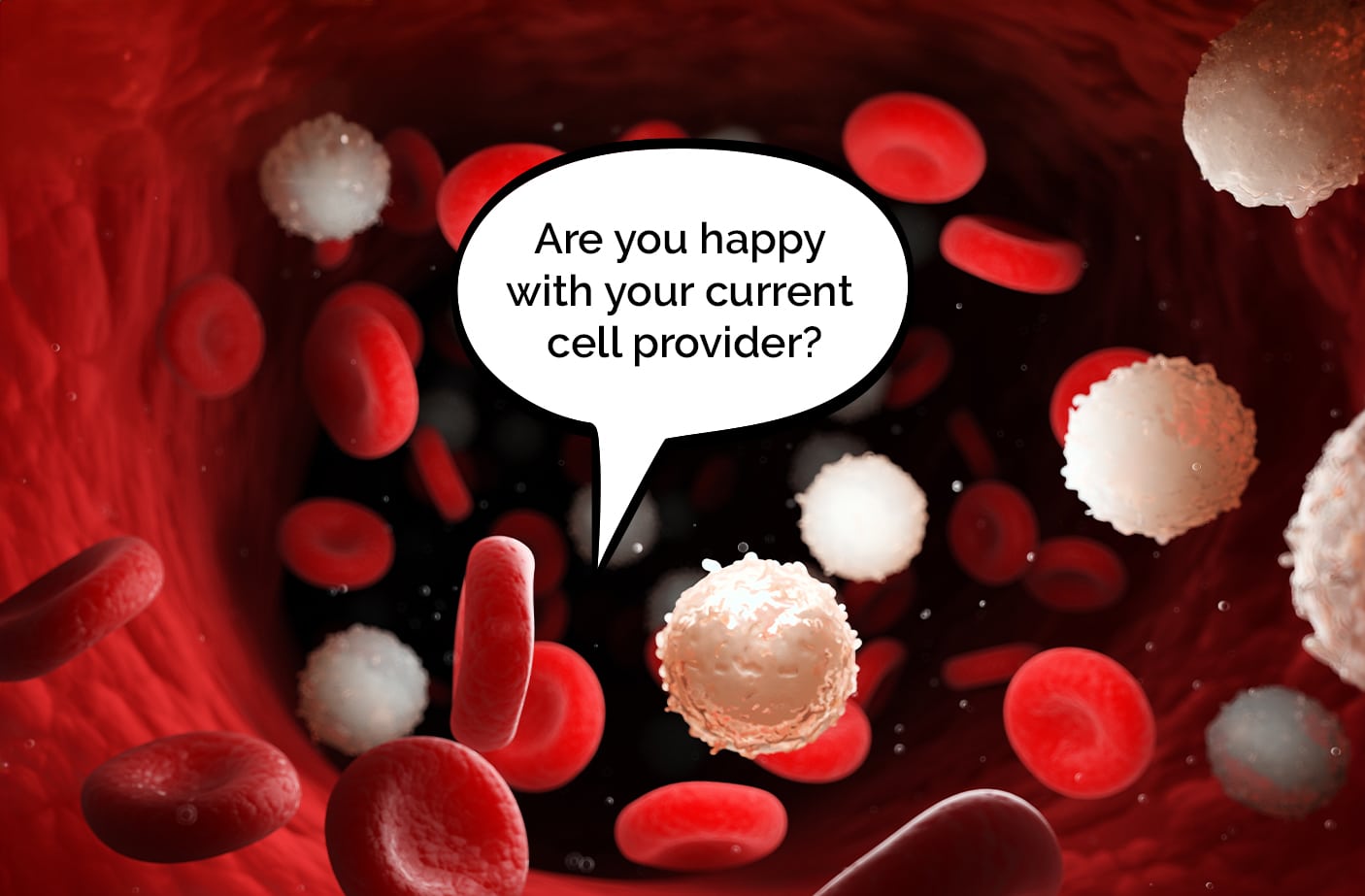Big data has become a point of interest within the last 20 years. With the explosion of data science, machine learning and AI, the demand for interpretation of data has never been larger. This demand has had a dramatic shift within biology where it has been made possible for researchers to leverage big data and make groundbreaking discoveries, especially in drug development. With these new advances, drug discovery has been accelerated with data insights for both pre-clinical and clinical stages.  Pre-clinical research is a pivotal and pioneering step in the process of drug discovery. Supporting early research would allow for better preparation of projects for clinical trials. This type of research can produce a large quantity of data across different categories of omics (genomic, transcriptomic, metabolomic and proteomic). With a robust and scalable data infrastructure bolstered, preclinical projects can gain insights from data captured amongst different categories of biology. Researchers can gain easy access to a wide range of data sources of interest more efficiently using AI tools for:
Pre-clinical research is a pivotal and pioneering step in the process of drug discovery. Supporting early research would allow for better preparation of projects for clinical trials. This type of research can produce a large quantity of data across different categories of omics (genomic, transcriptomic, metabolomic and proteomic). With a robust and scalable data infrastructure bolstered, preclinical projects can gain insights from data captured amongst different categories of biology. Researchers can gain easy access to a wide range of data sources of interest more efficiently using AI tools for:
- Toxicity predictions
- Dose-response relationships
- Protein modelling
- Disease-target association
Not only would collecting data give insight into current studies, but interpreting such data can bridge the gap between bench experiments and landmark discoveries, which can inform new therapeutic targets. There would be easier access to underlying conditions, giving better insights into personalized medicine. While supporting clinical trials with insights of pre-clinical data is one benefit of using AI/machine learning for better outcomes, validated software environments and regulatory approval have been another solution. The ability to assess the efficiency and effectiveness of therapeutic treatments is vital in projects at the clinical stage, allowing the R programming language to be a flexible candidate.  In projects which require customization and flexibility, the growing R package library makes the language an attractive open-source alternative. When comparing SAS to R, R has a wide range of packages and libraries for data wrangling, making it more flexible in fulfilling validation requirements. The results generated in R are easier to reproduce in most platforms and operating systems. In addition, despite SAS being well known for its tightly controlled validation processes, R provides convenient documentation for validation purposes while not losing the capacity to maintain a high level of control and security, especially when an update to the existing pipeline occurs. R is also cost-effective, which is beneficial for large cohort studies. End-to-end consultancies, such as ProCogia, have qualified bioinformatics & computational biology consultants who can build workflows in R, helping to convert SAS users of small/medium biotech companies to R pipelines. The specialized team at ProCogia is always ready and well-prepared to help clients – from small biotech companies to large, global multinational pharma companies – build platforms and solve challenges during clinical trials, including clinical reporting and analysis of large cohort studies, and provide optimized life science data solutions to help them realize their goals.
In projects which require customization and flexibility, the growing R package library makes the language an attractive open-source alternative. When comparing SAS to R, R has a wide range of packages and libraries for data wrangling, making it more flexible in fulfilling validation requirements. The results generated in R are easier to reproduce in most platforms and operating systems. In addition, despite SAS being well known for its tightly controlled validation processes, R provides convenient documentation for validation purposes while not losing the capacity to maintain a high level of control and security, especially when an update to the existing pipeline occurs. R is also cost-effective, which is beneficial for large cohort studies. End-to-end consultancies, such as ProCogia, have qualified bioinformatics & computational biology consultants who can build workflows in R, helping to convert SAS users of small/medium biotech companies to R pipelines. The specialized team at ProCogia is always ready and well-prepared to help clients – from small biotech companies to large, global multinational pharma companies – build platforms and solve challenges during clinical trials, including clinical reporting and analysis of large cohort studies, and provide optimized life science data solutions to help them realize their goals.




